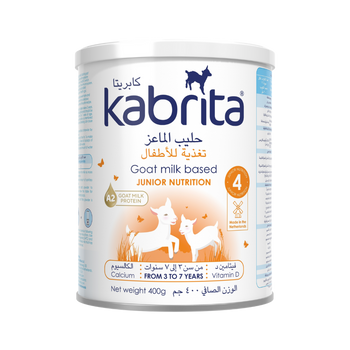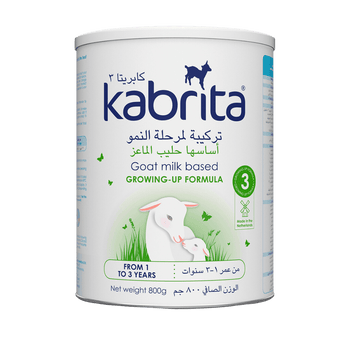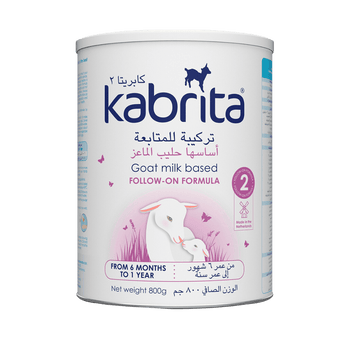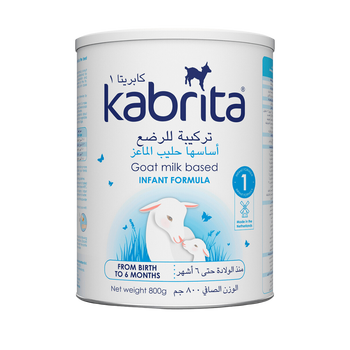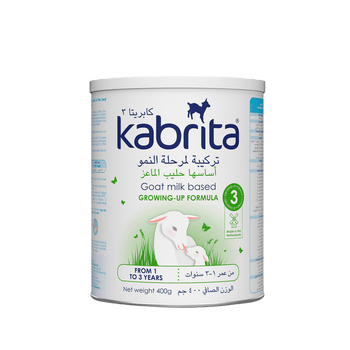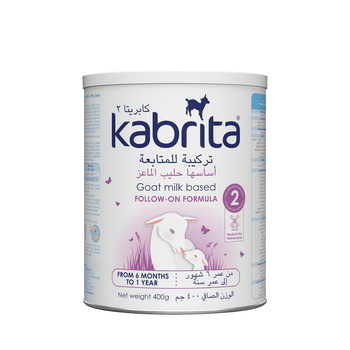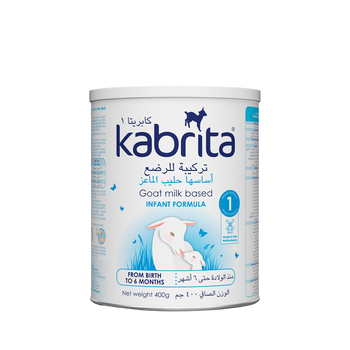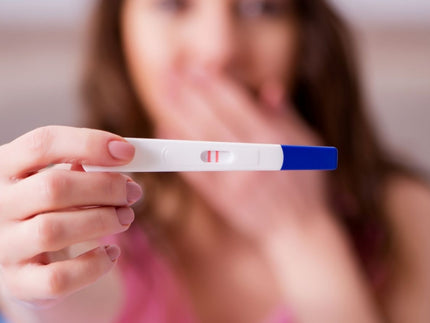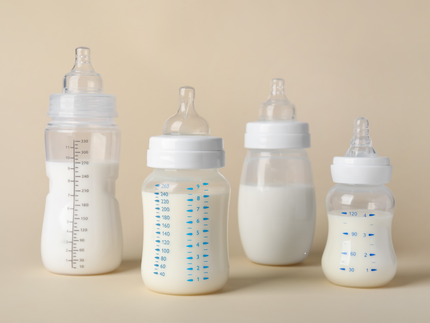The Importance of Nutrition During Pregnancy

It is necessary to pay attention to proper nutrition that includes the essential nutrients to build our bodies by following a healthy and balanced diet that ensures obtaining all the nutrients that the body needs, whether you are pregnant or seeking to provide the basic nutrients that your fetus needs for growth or you are trying to maintain your health, It is necessary to eat enough water, vitamins, minerals, fats, carbohydrates and proteins.
Excessive eating leads to significant weight gain, which leads to the risk of complications during pregnancy, and it will not help you if you prefer to maintain a healthy weight during pregnancy. Your body and your developing fetus need additional nutrients, so it is better to rely on natural nutrients in your diet to make your body more healthy and efficient throughout pregnancy, to be able to absorb important nutrients from the foods you eat.
It is essential that you realize the importance of nutrition during pregnancy as your health condition directly affects your fetus. Read on to learn more about the importance of nutrition and the different nutritional needs throughout pregnancy.
The Importance of Nutrition for Pregnant Women
As pregnancy causes a lot of physical and hormonal changes, it is necessary to choose healthy foods to preserve your health and the health of your fetus. Not getting the necessary healthy nutrition leads to health risks for you and your fetus.
If pregnant mothers do not get adequate nutrition, there may be a possibility of changing the genes of the child; Their organs and tissues may grow abnormally, and the child after birth may suffer from the inability to eat a normal and healthy amount of food as a result of getting used to the lack of nutrition in the mother’s womb, which may lead the child to face many health problems such as cardiovascular disorders and even metabolism. after he becomes an adult.
Your child must receive the necessary nutrition through breastfeeding, which meets the nutritional needs of the child after birth. In addition, breast milk is affected by the mother's diet, and thus affects the child's health and nutritional status.
Nutritional Requirements During Pregnancy
It is natural that the nutritional needs of your body increase during pregnancy, as your food is a source of food for your fetus, and although the old belief that you “eat for two” is incorrect, you really need more macro and micro nutrients for the health of your body and the health of your fetus.
Calories
You and your fetus must obtain all essential vitamins and minerals by eating a variety of nutritious foods, and the diet during pregnancy is not much different from the regular healthy diet, but it may be more intense.
- First trimester: continue with your usual calorie intake
- Second trimester: increase calorie intake per day by 350 calories
- Third trimester: increase calorie intake per day by 450 calories
Macro & Micro nutrients
Macronutrients (such as carbohydrates, fats, and proteins It provides calories or energy, so it is important that we eat the right amount of all nutrients during pregnancy.
You must follow the following nutritional guidelines and eat these percentages of elements daily during pregnancy:
- 1200 mg of calcium
- 600 to 800 micrograms of folic acid
- 27 mg of iron
- 70 to 100 grams of protein
Taking into account the percentage increase every three months.
Most women can meet these increased nutritional needs during pregnancy by eating a diet that contains a variety of micro and macronutrients such as:
Protein
Protein is indispensable for the proper development of the organs and tissues of the fetus, and protein contributes to increasing the blood supply in your body and thus increases the blood supply to your child.
Protein also promotes the growth of breast and uterine tissues throughout the pregnancy, and you should pay attention to increasing your need for protein every three months as well.
You can get protein from the following foods:
- Chicken
- Salmon
- Lean beef
- Nuts
- Beans
- Peanut Butter
- Cottage cheese
Calcium
Calcium intake is essential during pregnancy to ensure the development of strong and healthy bones for your baby. It also plays an important role in regulating the body's use of fluids. Therefore, if you do not prefer to eat dairy products, you should take care of getting calcium from other calcium-rich foods such as okra, spinach and green onions, and you should also consume milk, such as soy milk, for more variety in your diet.
Speaking of milk and its high nutritional value, we must mention goat's milk and its high nutritional benefits, as it is rich in protein, calcium, vitamin A, vitamin B, and essential fatty acids.
Whichever type of milk you prefer, you should avoid consuming raw (unpasteurized) milk during pregnancy to avoid infections. Raw milk may affect you and your fetus because of the harmful bacteria that may exist in it.
Good sources of calcium:
- Milk
- Cheese
- Yogurt
- Seafood and fish that are low in mercury such as salmon, shrimp, catfish, and healthy canned tuna
- Dark green leafy vegetables
- Tofu rich in calcium
Folic acid
Folic acid deficiency can cause serious birth defects of varying degrees, such as paralysis, enuresis, and sometimes intellectual disability, as neural tube defects directly affect the baby's brain and spinal cord.
Folic acid must be taken throughout the first 28 days of pregnancy when neural tube defects are more common, but the problem is that the mother may not know that she is pregnant until more than 28 days have passed, so folic acid must be taken before and during pregnancy.
Foods containing folic acid:
- Nuts and peanut butter
- Dried beans and lentils
- Eggs
- Chicken liver
- Dark green leafy vegetables
Iron
Iron, along with salt, potassium and water, promotes blood flow, so eating enough iron ensures that you and your fetus get the necessary amount of oxygen transported through the bloodstream. Your body works to produce extra red blood cells in the second half of pregnancy to get enough for you and your unborn baby.
Red cells consist mainly of iron, and if your body is not able to produce iron, you must take care to obtain it from the different foods that you eat, and most green leafy vegetables contain iron that is easily absorbed, as you should get 27 mg of iron per day It is preferable to take it with vitamin C to increase the body's ability to absorb it.
Iron-containing foods:
- Dark green leafy vegetables
- Lean beef and poultry
- Eggs
- Processed bread and cereals
- Citrus (orange - lemon)
Foods That Should and Should Not Be Eaten During Pregnancy
Foods that are beneficial to your health and the development of your fetus during pregnancy:
- Vegetables: Get vitamin A and potassium from vegetables such as tomatoes, spinach, cooked greens, sweet potatoes, squash, sweet red peppers and carrots.
- Fruits: Get your potassium from fruits such as mangoes, apricots, cantaloupes, plums, bananas, red and pink grapefruits, and cantaloupe.
- Dairy products: Get a good amount of potassium, calcium, and vitamins A and D from soy milk, skim or 1% fat milk, and nonfat and low-fat yogurt.
- Grains: Get your essential iron and folic acid from cooked cereal or cereal.
- Protein: such as beans, peas, nuts, seeds, and all kinds of meat such as lean beef, salmon, trout, lamb, sardines, and herring.
For a healthy diet, it is recommended to eat goat's milk, as it is a natural source of nutrition rich in nutrients that many mothers of different generations resort to. Goat milk is a better choice for pregnant women than any other animal milk as it contains higher levels of calcium and vitamin D, and has a lower percentage of natural fats, thus it is easier for our bodies to digest and absorb.
Foods to Avoid During Pregnancy
There are some foods that you should avoid eating during pregnancy to avoid the risks that they may cause to you or your fetus.
A group of foods that a pregnant woman should avoid eating throughout her pregnancy:
- Unpasteurized milk: Avoid unpasteurized milk and dairy products such as camembert, caso blanco, fresco, feta, brie, blue and moldy cheeses ; When buying cheese, always look for the label that says it is made from pasteurized milk.
- Processed meats: Avoid processed meats such as hot dogs and luncheon meats if they are not well cooked.
- Raw or undercooked meat & fish: Don't eat raw or undercooked meat, including eggs, and seafood, such as sushi that contains raw fish.
- Spreads & frozen pies
- Frozen and smoked seafood
Conclusion
A lot of physical and hormonal changes occur in the pregnant woman’s body throughout the pregnancy to maintain the health of the fetus, and the mother’s nutritional needs increase as she is the only source of nutrition for her fetus, so it is better to follow a healthy and balanced diet throughout the pregnancy to contribute to the proper growth of the child’s brain and weight, and reduce risk of congenital malformations.
The mother must receive adequate and necessary nutrition throughout the pregnancy to avoid fatigue and other health complications that may appear in the future, such as osteoporosis. Therefore, the pregnant mother should take care of eating healthy and nutritious foods and avoid eating fast and processed foods that do not contain any nutritional value.
